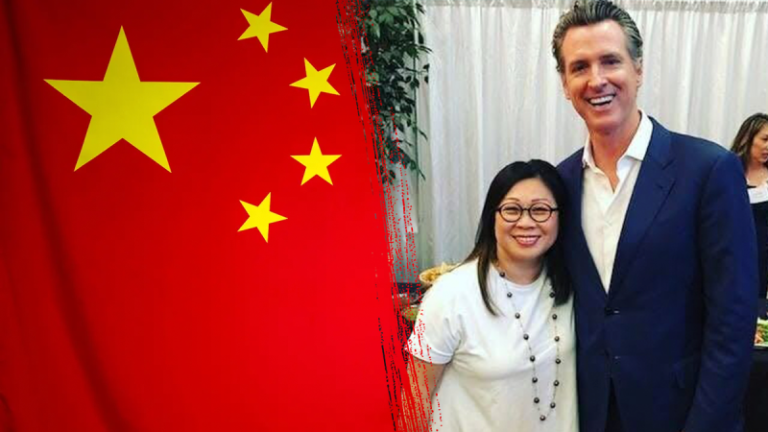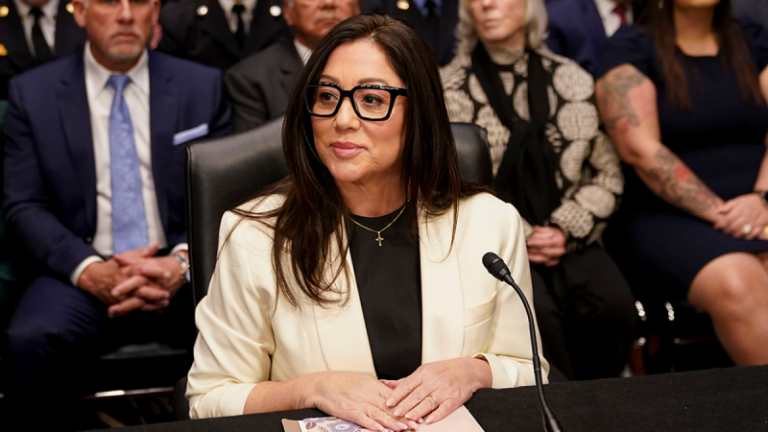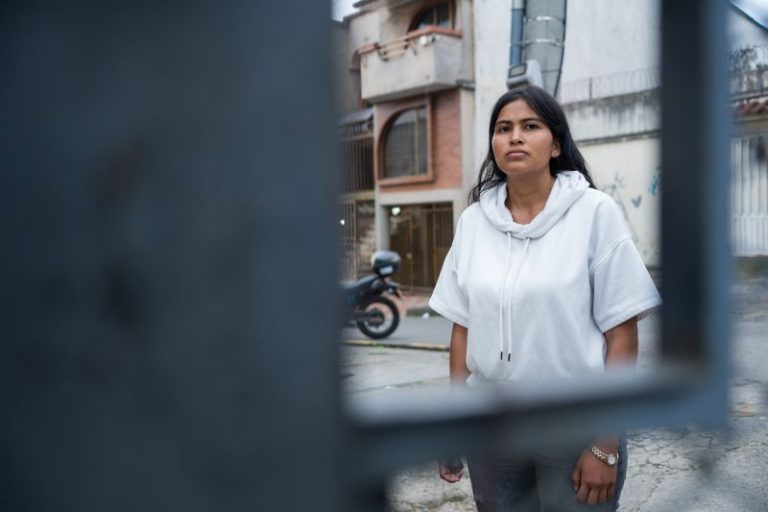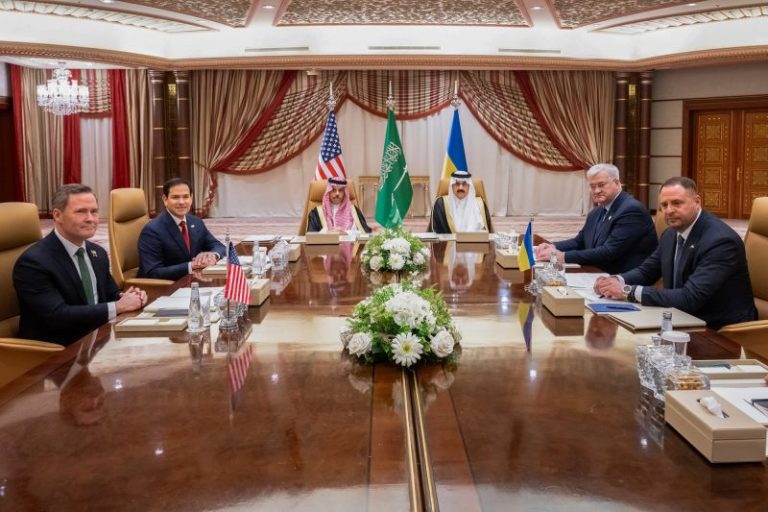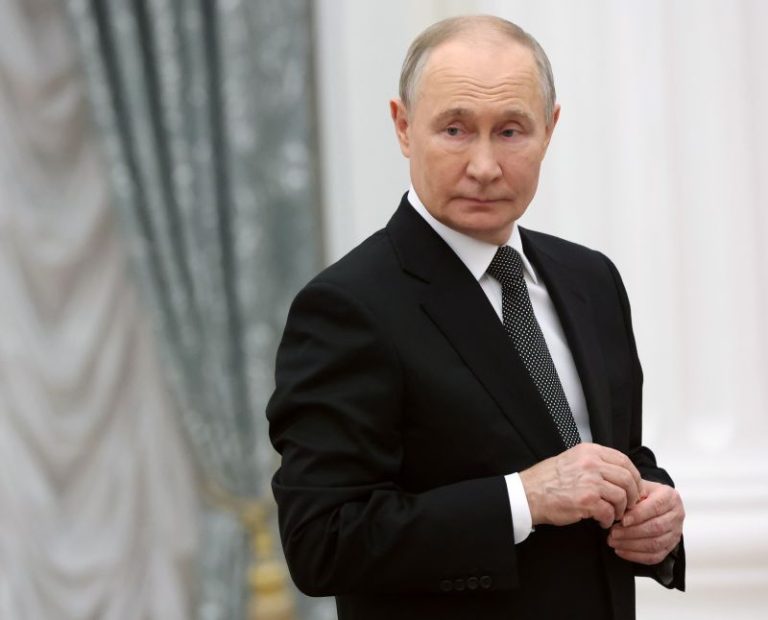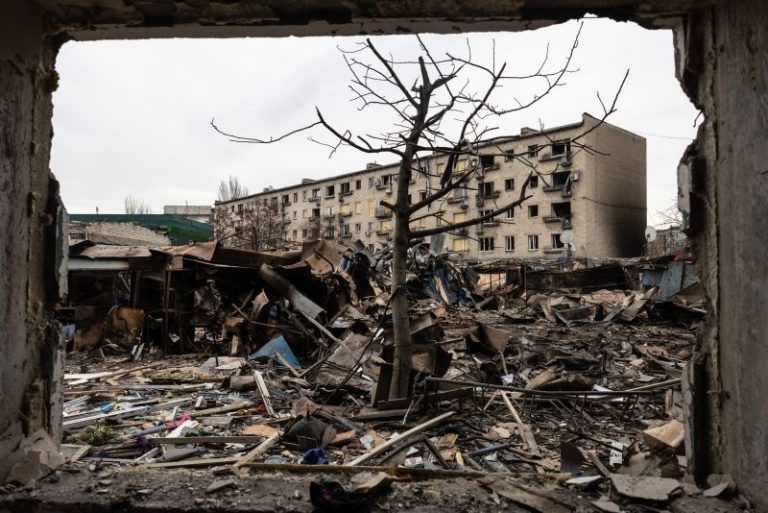A longtime ally of California Gov. Gavin Newsom repeatedly helped a now-former CCP official while she was serving as the Chinese consul in San Francisco, according to a LinkedIn post unearthed by Fox News Digital.
Ying He, who served as the Chinese consul general in San Francisco between 2012 and 2016, lavished praise on Darlene Chiu-Bryant in a 2017 LinkedIn recommendation, calling the former Newsom aide and longtime ally of the governor a ‘Super lady.’
‘Darlene is the right person when you need to develop business (sic) in either California or Beijing,’ said He, who was serving as the division director for the Ministry of Commerce, a CCP government arm, at the time of the 2017 LinkedIn post. ‘She is an excellent PR professional and able to fulfill the most challenging tasks. She helped me a lot when I was consul in SF, promoting US-Sino investment and trade. In all, she is a friend in need and a Super Lady indeed.’
He’s LinkedIn reveals that she has served in multiple roles at the Ministry of Commerce for over a decade and her profile boasts that she has ‘extensive connections with Chinese and U.S. governments’ and ’15+ years with a Chinese central government agency and 4 years as a diplomat in San Francisco.’
At the time of the LinkedIn post, Bryant was serving as the executive director of ChinaSF, which is facing renewed scrutiny for its ties to the CCP and recruiting over 100 Chinese companies into San Francisco, according to a new book Fox News Digital exclusively reported on Monday. In the book, there is a chapter dedicated to how Newsom helped launch a nonprofit organization almost a decade earlier, in 2008.
One of the several companies discussed in the book was Suntech, a Chinese solar company developed by the CCP that was personally recruited by Newsom into the U.S., and he publicly praised the company’s CEO, Dr. Zhengrong Shi, multiple times, and made him an advisory board member for ChinaSF.
In addition to green energy companies that streamed through ChinaSF, real estate companies were also involved, and the book alleges that Newsom received over $23,000 in anonymous contributions from Chinese real estate company Z&L, whose billionaire owner was criminally sentenced for bribing a San Francisco government official. In 2017, ChinaSF posted a photo of Bryant, Newsom and others in front of a wall that said Z&L Properties.
‘ChinaSF was started by our Lt Governor Gavin Newsom when he was Mayor of San Francisco in 2008,’ the photo caption said. ‘Proud to work with our partners and companies recruited to the SF Bay Area.’
According to China Daily, a Chinese state media outlet, Newsom launched the group while visiting Shanghai.
‘The two most important things for us are energy independence and establishing a stronger relationship with China,’ Newsom said ahead of the trip.
Bryant, who traveled with Newsom to China in 2005 when she was serving as his deputy communications director and would later be tapped to run ChinaSF, was repeatedly mentioned in a chapter in the new book, ‘Fool’s Gold: The Radicals, Con Artists, and Traitors Who Killed the California Dream and Now Threaten Us All.’
In the book, authors Susan Crabtree and Jedd McFatter make the case that ChinaSF served as a gateway for CCP officials and Chinese criminals to exploit California. In addition to the book exposing how Bryant was referred to locally as ‘the Fixer’ for any Chinese businesses ‘wanting to make hay in San Francisco,’ her personal Facebook profile and other Facebook pages are littered with photos showing her involvement with ChinaSF. There are also several photos of her and Newsom, in addition to other California politicians.
In 2019, GlobalSF posted a photo of Newsom and Bryant at an event. The photo caption, which appears to be written by Bryant, called Newsom a ‘visionary leader.’
‘So good to see my ex boss now Governor of our Golden State of [California], [Gavin Newsom],’ the post said. ‘As a visionary leader, he started [ChinaSF] in 2008 to be the China Desk for the city and county of [San Francisco] to facilitate inbound investment.’
Another photo on Facebook shows Bryant attending Newsom’s inauguration in early 2019.
Fox News Digital has previously reported on another prominent Chinese consul general, Huang Ping, who oversaw the office in New York City for several years and often promoted CCP propaganda while publicly denying the alleged Uyghur genocide in China.
In addition to his controversial public statements, Ping would often travel to U.S. universities and other events, meeting with business leaders and elected officials, sparking concerns from some about potential influence peddling for the CCP.
‘The Chinese Communist Party is playing for keeps at the nuclear level and every layer below that,’ Michael Sobolik, author of ‘Countering China’s Great Game: A Strategy for American Dominance,’ told Fox News Digital last year. ‘And it’s not just the universities. The Chinese Communist Party is looking to infiltrate every aspect of American society.’
‘If we try to edit undo our way out of this whole list of infiltrations and threats that the CCP sends our direction that’s good policy work. We need to insulate ourselves. But good housekeeping is the bare minimum of waging a cold war and winning a cold war,’ Sobolik added.
Fox News Digital reached out to Newsom’s office for comment and received a response pointing to an article about conspiracy theories with the headline, ‘Conspiracy theorists really do see the world differently, new study shows.’
Fox News Digital reached out to Bryant, but did not receive a response by press time.

